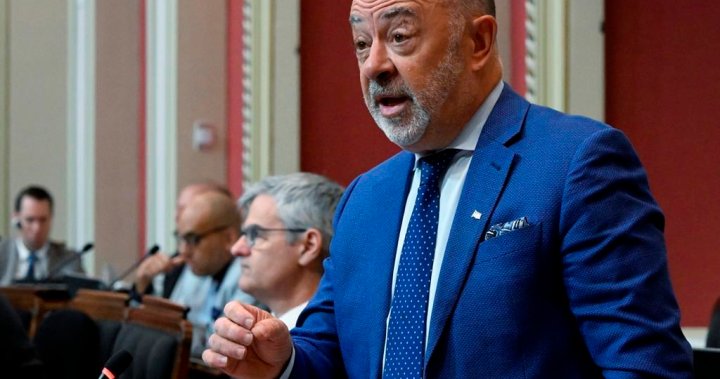On December 4, 2024, the Canadian Press reported on a controversial piece of legislation proposed by Quebec’s Health Minister, Christian Dubé. This new bill mandates that medical graduates practice within Quebec’s public health system for a minimum of five years after completing their studies. In exchange for their medical degrees, graduates would have to sign a contract agreeing to this stipulation. Failure to comply would result in significant financial penalties, sparking debate about the implications for newly graduated doctors and their freedom of movement within Canada.
A prominent constitutional expert, Frédéric Bérard, raised concerns about the potential violation of the Canadian Charter of Rights and Freedoms, particularly the right to freedom of movement. According to Bérard, the Charter provides citizens with the right to relocate and work anywhere in Canada. With these rights in mind, he suggested that the imposition of a five-year contractual obligation coupled with financial penalties could lead to legal challenges. The core question revolves around whether these penalties infringe upon the rights guaranteed by the Charter and whether such a violation can be justified under current laws.
Quebec Premier François Legault expressed confidence in the government’s approach and suggested that they might invoke the “notwithstanding clause” to counter any potential constitutional challenges to the legislation. This clause provides provinces the ability to override certain aspects of the Charter, though Dubé stated he did not feel such action was necessary at this time. Nonetheless, the proposal signifies a substantial move from the Quebec government to address what they view as critical staffing shortages within the province’s public healthcare system.
The legislation aims to retain newly graduated physicians specifically within Quebec, as staffing in the public healthcare sector has been a pressing issue. The intention behind the bill is to ensure that medical professionals contribute to the public system that facilitated their education and eventual placement. However, this approach has raised questions about the ethical implications of binding an individual’s professional life to geographic limitations, especially in a field that values flexibility and the ability to adapt to various healthcare environments.
Supporters of the bill argue that it is a necessary step to bolster Quebec’s public healthcare system, particularly in light of shortages faced in many areas. They maintain that such measures will contribute to better patient care and reduce wait times by ensuring a steady supply of available doctors willing to work within the system. Critics, on the other hand, warn that this could lead to a talent drain if newly qualified doctors choose to leave Quebec to avoid contractual obligations, ultimately exacerbating the very problem the legislation aims to address.
As the proposed legislation progresses through the political landscape, it will likely undergo scrutiny from various stakeholders, including legal experts, medical professionals, and the public. The ongoing discourse surrounding this bill raises substantial questions about the balance between governmental authority and individual rights, particularly within the complex framework of healthcare in Canada. As the debate unfolds, its impact on the future of medical training and practice in Quebec will remain a critical point of focus for both proponents and detractors alike.










